
A ground-breaking peer education program is dramatically shifting attitudes and practices around menstrual hygiene, breaking down stigma and fostering support among students.
The programme is spearheaded by Gold Fields Ghana Foundation (GFGF) in its host communities and speaking at an event commemorating World Menstrual Hygiene Day, Programme Coordinator, Ayeshatu Muhammed Aubyn, stated that the significant impact of the Foundation’s Adolescent Health Reproductive Training program has focused on training student peer educators since 2019.

She revealed that observing menstrual hygiene day has become an integrated part of the academic calendar every term for students in public schools across Tarkwa and Damang.
And to mark the global day this year, GFGF teams visited 15 of the host community schools educating about 3,619 pupils.
“The exciting part is witnessing the peer educators in action, educating their fellow peers on menstrual hygiene,” Mrs Mohammed Aubyn stated, adding “I can confidently say the peer educators are doing exceptionally well, and the programme has been truly impactful.”
The most striking transformation, the project Coordinator emphasized, has been the change in boys’ behaviour.
“At first, when we visited some schools, boys would often tease girls who had started menstruating. But now, this is a thing of the past,” she said and added that the peer education initiative had fostered a remarkable shift towards empathy and practical support.
“Now, the boys support the females when they are menstruating,” Mohammed reported.
Highlighting the depth of understanding achieved, he said “Some of the boys even know how to fix the pad and how to keep proper hygiene during menstruation.”
The program’s core strategy involves empowering students themselves – the peer educators – to lead conversations and education sessions on menstrual health within their schools.
This approach has proven highly effective in normalising menstruation and disseminating crucial hygiene information in a relatable way.
The GFGF consistent focus on adolescent health and menstrual hygiene since 2019 underscores its commitment to the well-being and education of young people in its operational areas.
The visible change in school culture, particularly the emergence of supportive male allies, is hailed as a major success of this community investment initiative.
The Foundation’s work demonstrates how sustained peer education, integrated into the school system and supported by community engagement can effectively dismantle menstrual stigma and promote a healthier, more supportive environment for adolescent girls.
The post GFGF Peer education breaking down stigma around menstrual hygiene appeared first on The Ghanaian Chronicle.
Read Full Story


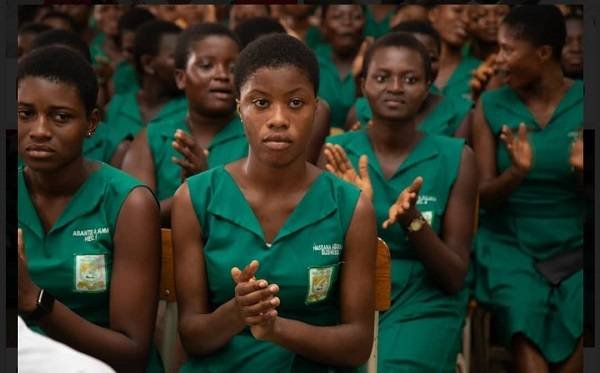
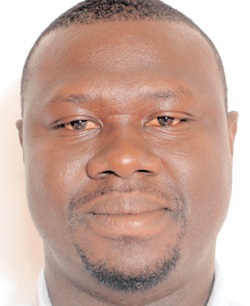

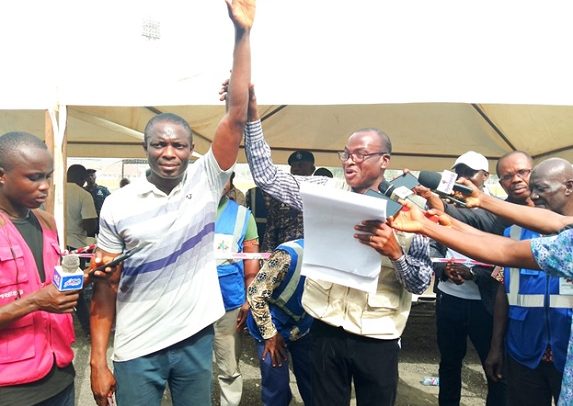

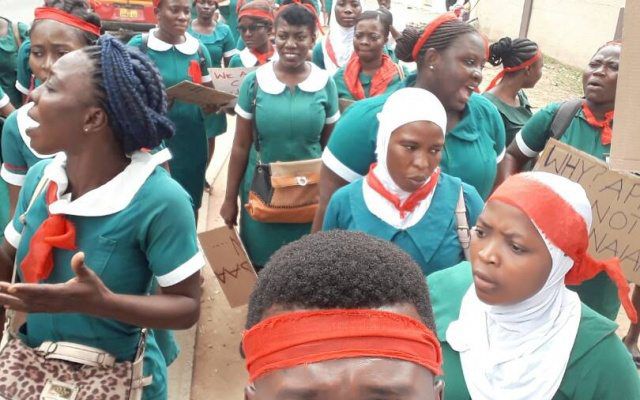





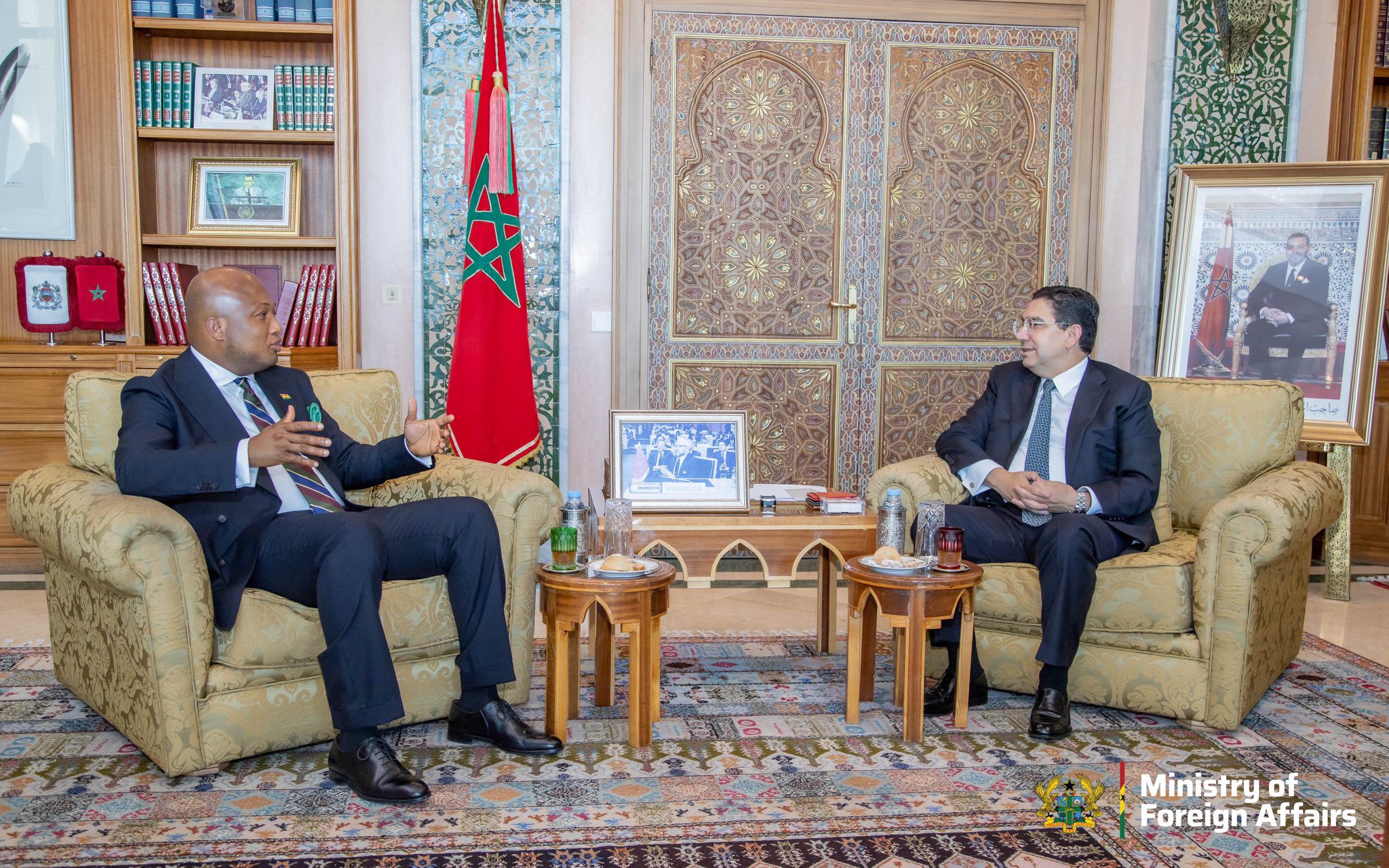






![Burkina Faso celebrates as Ibrahim Traore unveils made-in-Africa electric buses [Video]](https://sportal365images.com/process/smp-images-production/pulse.com.gh/11062025/8558c966-4f8d-4f59-bd16-80956686e33d.png)
Facebook
Twitter
Pinterest
Instagram
Google+
YouTube
LinkedIn
RSS